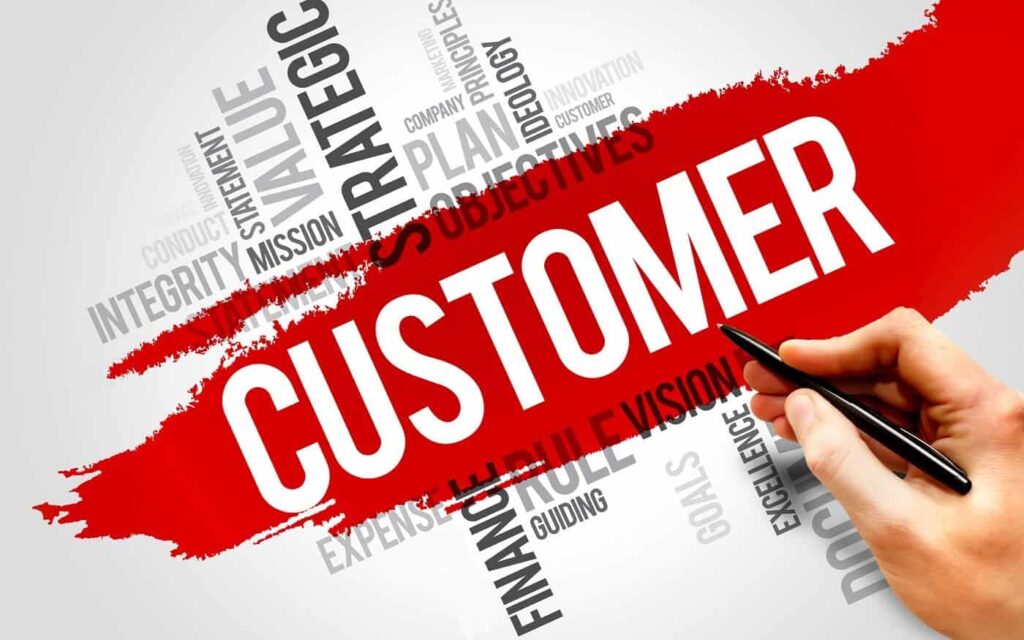Management of Customer Complaints; Helpful Tips and Strategies
Dealing with customer complaints is an aspect of running any business and how you handle them can greatly impact your reputation and customer loyalty. Strengthening your skills in managing customer complaints is essential, to not resolving issues but also turning them into opportunities to enhance your relationships with customers. In this article we will explore tips and strategies that can help you excel in handling customer complaints.
1. Listening;
Active listening is one of the skills required in complaint management. When a customer reaches out with a concern it’s crucial to give them your attention. Listen attentively without interrupting to fully grasp their issue. Reflecting their concerns back to them and showing empathy, towards their situation demonstrates your dedication to resolving the problem.
2. Maintaining Calmness and Professionalism;
Regardless of the nature of the complaint it’s vital to remain calm and professional throughout the process. Avoid becoming defensive or letting emotions take over. Responding in a composed manner reassures customers that their concerns are being taken seriously.
3. Timely Acknowledgment of the Issue;
Time plays a role when addressing complaints. It’s important to acknowledge each complaint even if an immediate solution isn’t readily available.
Make sure to inform the customer that you’re actively working on their issue and provide a timeframe for when they can expect a resolution.
4. Show Understanding;
Express empathy, towards the customers situation. Recognise that their frustration is valid and acknowledge their feelings. Using phrases like “I understand how frustrating this must be for you ” can help ease tension.
5. Effective communication;
Open and consistent communication is crucial in handling complaints. Keep the customer updated on the progress of their issue. If there are any delays inform them promptly. Provide a revised timeframe. Being builds trust.
6. Problem solving abilities;
Develop problem solving skills to effectively address customer complaints. Analyze the root cause of the issue. Come up with solutions. Encourage feedback and suggestions, from your team to brainstorm approaches.
7. Documentation and analysis;
Maintain records of customer complaints. This documentation not aids in resolving issues but also enables you to identify patterns and recurring problems. By analysing this data you can take measures to prevent complaints.
8. Empower your team;
Ensure that your entire team receives training in complaint administration techniques.
It is important to empower your team with the knowledge and authority needed to handle complaints. When your team is well trained they can effectively resolve issues at the stage minimising the need, for escalation.
9. Learn from Customer Feedback;
Take advantage of Customer Expectations complaints as a learning opportunity. Encourage customers to share their feedback regarding their experience with the complaint resolution process. Using this feedback to continuously enhance your procedures and improve customer service.
10. Follow Up;
Once a complaint has been resolved, make sure to follow up with the customer to ensure their satisfaction. This step demonstrates your dedication to providing customer care. Has the potential to transform a dissatisfied customer into a loyal advocate.
Strengthening your skills in managing customer complaints is crucial for the long term success of your business. By listening maintaining professionalism and using communication and problem solving techniques you can turn complaints into opportunities for building stronger relationships with customers. Remember that every handled complaint not showcases your commitment, towards customer satisfaction but also enhances your overall business reputation.

David Alssema is a Body Language Expert and Motivational Speaker. As a performer in the personal development industry in Australia he has introduced and created new ways to inspire, motivate and develop individuals.
David Alssema started his training career with companies such as Telstra and Optus Communications, and then developed Neuro-Linguistic Programming (NLP) within workplace training as principal of Paramount Training & Development.
As an author/media consultant on body language and professional development David has influenced workplaces across Australia. He contributes to Media such as The West Australian, ABC Radio, Australian Magazines and other Australia Media Sources.






